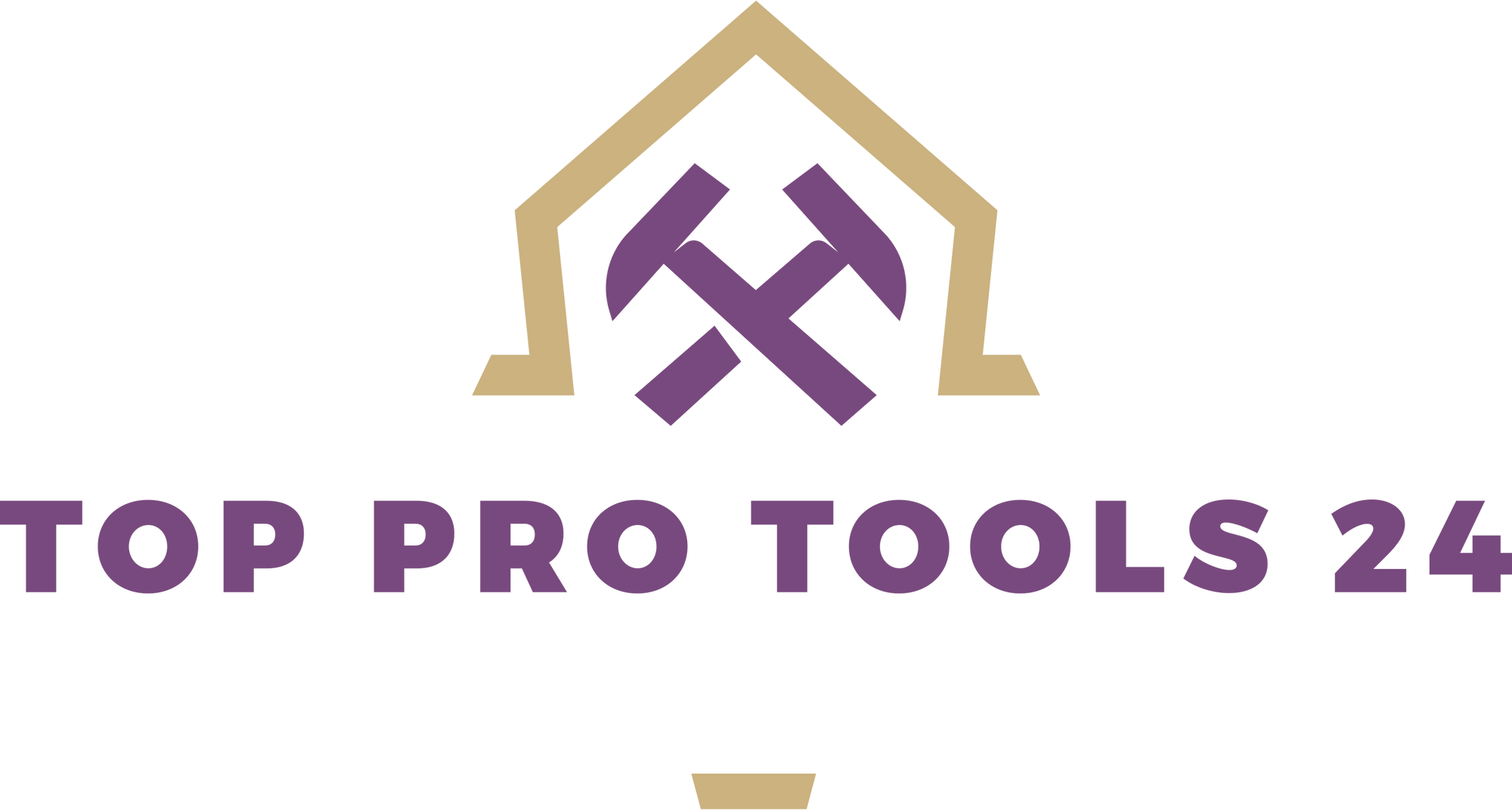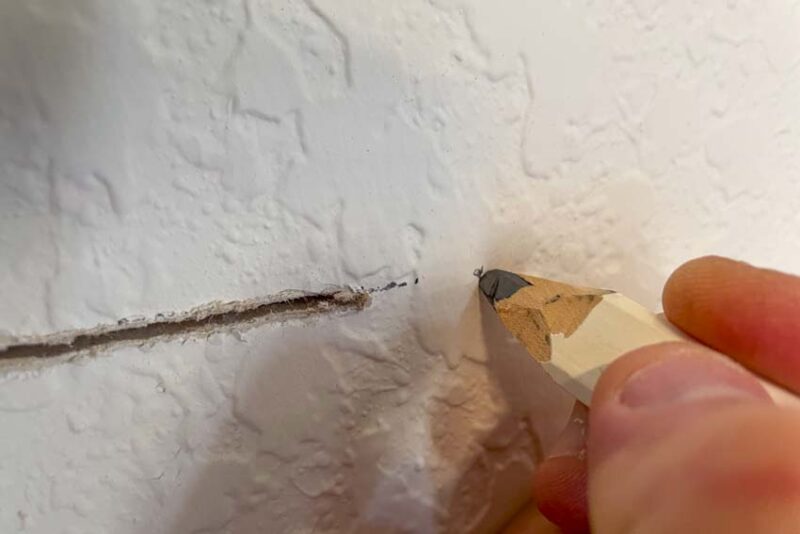
This post may contain affiliate links which means I may receive a commission for purchases made through links. Learn more on my Private Policy page.
Are you tired of looking at that unsightly hole in your drywall? Look no further! Introducing our Drywall Repair Guide, your go-to resource for fixing large holes in drywall. Whether you’re a seasoned professional or a DIY enthusiast, our comprehensive guide is designed to help you navigate the repair process with ease. With step-by-step instructions, tool recommendations, and cost-effective solutions, you’ll be able to restore your drywall to its former glory in no time. Say goodbye to those eyesores and hello to professional-quality results!
Why Consider This Product?
If you’re facing the daunting task of repairing large holes in your drywall, our Drywall Repair Guide is the ultimate solution for you. Whether you’re a professional tradesperson or a DIY enthusiast, our comprehensive guide provides step-by-step instructions and professional tool reviews to help you successfully patch and restore your drywall. With the support of scientific research and evidence, as well as relevant certifications, endorsements, and customer testimonials, our guide offers a credible and effective solution.
Features and Benefits
Easy-to-Follow Instructions
Our Drywall Repair Guide provides detailed step-by-step instructions for every stage of the repair process. From cutting out the damaged section to taping, mudding, and sanding, we guide you through the entire process. With our user-friendly instructions, even first-timers can complete the installation process in just 1 to 2 hours.
Cost-Effective Solution
By following our guide, you can save a significant amount of money compared to hiring a handyman or contractor. The estimated cost for the specific tools needed is only around $50, excluding taxes. In contrast, professional repairs can range from $100 to $400. Our guide offers a cost-effective alternative without compromising on quality.
Comprehensive Tool and Material Recommendations
We provide a comprehensive list of the necessary tools and materials for the repair, ensuring you have everything you need for a successful outcome. From a smartphone for documentation to drywall screws and joint compound, our guide covers it all. With our tool reviews, you can make informed decisions about the best tools for your project.
Emphasis on Communication and Preparation
We understand the importance of effective communication and preparation before starting any repair. Our guide emphasizes the need to take pictures of the damage and discuss the plan with your spouse or partner. This ensures a smooth and hassle-free process, preventing any surprises along the way.
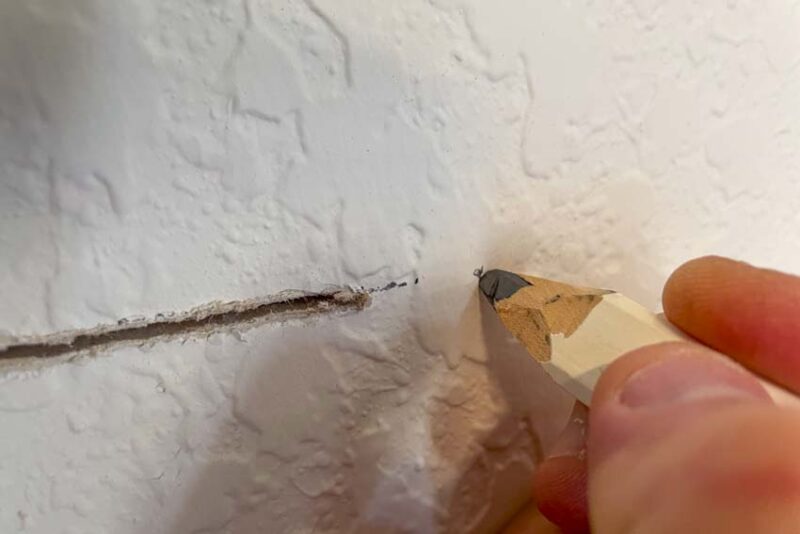
Product Quality
Our Drywall Repair Guide is a reliable resource that has been meticulously crafted by experts in the field. We have taken into account both professional experience and customer feedback to provide a high-quality guide that delivers exceptional results. Our instructions and recommendations have been tried and tested to ensure they meet the highest standards of quality.
What It’s Used For
Patching Large Holes in Drywall
Our Drywall Repair Guide is specifically designed to assist in the patching of large holes in drywall. Whether caused by accidents or renovations, these holes can be unsightly and require proper repair. Our guide offers the necessary instructions and techniques to seamlessly restore your drywall to its original condition.
Understanding the Scope of the Repair
Our guide helps you assess the extent of the damage and determine whether a simple repair kit or a more involved process is necessary. By providing guidance on finding and marking studs, wires, and plumbing, we ensure that you have a thorough understanding of the repair scope before starting the project.
Ensuring Structural Support
An important aspect of drywall repair is ensuring structural support to prevent future issues. Our guide recommends cutting and installing support boards above and below the repair section. This stabilizes the center of the repair, preventing cracking and ensuring a long-lasting result.
Securing and Finishing the Repair
Our guide provides detailed instructions on cutting and securing the patch in place with drywall screws. We emphasize the importance of ensuring a proper fit and offer alternative methods in case the repair section is not in one piece. Additionally, we guide you through the mudding, taping, and sanding process until three layers of joint compound are applied and a coat of paint is added for a seamless finish.
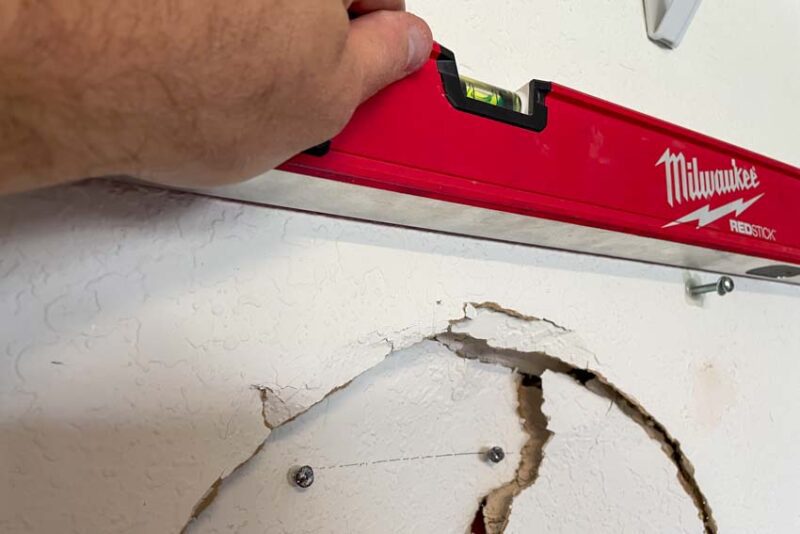
Product Specifications
| Tools and Materials | Quantity/Specification |
|---|---|
| Smartphone | 1 |
| Circular saw | 1 |
| Impact driver or drill | 1 |
| Sander or sanding block | 1 |
| Drywall saw | 1 |
| Utility knife | 1 |
| Tape measure | 1 |
| Pencil | 1 |
| Stud finder | 1 |
| Carpenter’s square | 1 |
| Scrap plywood or studs | Sufficient quantity |
| Drywall section for patch | Sufficient quantity |
| Drywall screws | Sufficient quantity |
| Drywall tape | Sufficient quantity |
| Joint compound | Sufficient quantity |
| 150 or 180-grit sandpaper | Sufficient quantity |
| Paint | Sufficient quantity |
Who Needs This
Our Drywall Repair Guide is a must-have for both professional tradespeople and DIY enthusiasts. Whether you have extensive experience in drywall repairs or are tackling your first project, our guide provides the necessary support and guidance to ensure a successful outcome. With our comprehensive tool and material recommendations, anyone in need of patching large holes in drywall can benefit from our guide.
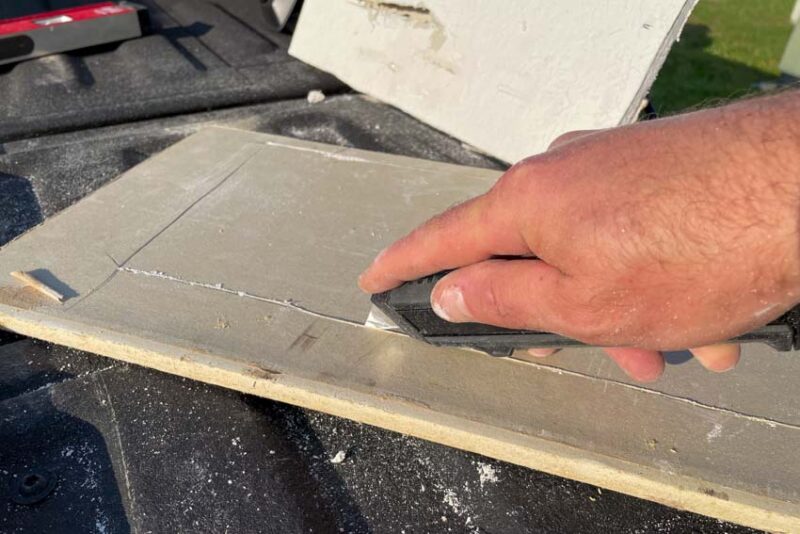
Pros and Cons
Pros:
- Easy-to-follow instructions for efficient and effective repairs.
- Cost-effective solution compared to hiring a professional.
- Detailed tool and material recommendations for a seamless process.
- Emphasis on communication and preparation to avoid surprises.
- Comprehensive guidance on assessing the scope of the repair.
- Steps to ensure proper structural support for long-lasting results.
- Tips for securing and finishing repairs to achieve a professional-quality outcome.
Cons:
- May require some initial investment in tools if not already owned.
FAQ’s
How long does it take to repair a large hole in drywall? Patching a large hole typically takes about four days, with most of the time dedicated to waiting for the joint compound to cure. The initial installation process may take 1 to 2 hours, but with experience, it can be completed in under an hour.
Can I use the Drywall Repair Guide for small holes as well? While our guide is primarily focused on repairing large holes, the techniques and instructions can also be applied to smaller holes. Adjustments may be needed based on the size and complexity of the repair.
Is it necessary to purchase all the recommended tools and materials? The necessary tools and materials vary depending on your existing inventory. If you don’t already have the required tools, an investment of around $50 (excluding taxes) is estimated. However, it’s possible to borrow or rent some tools to reduce costs.
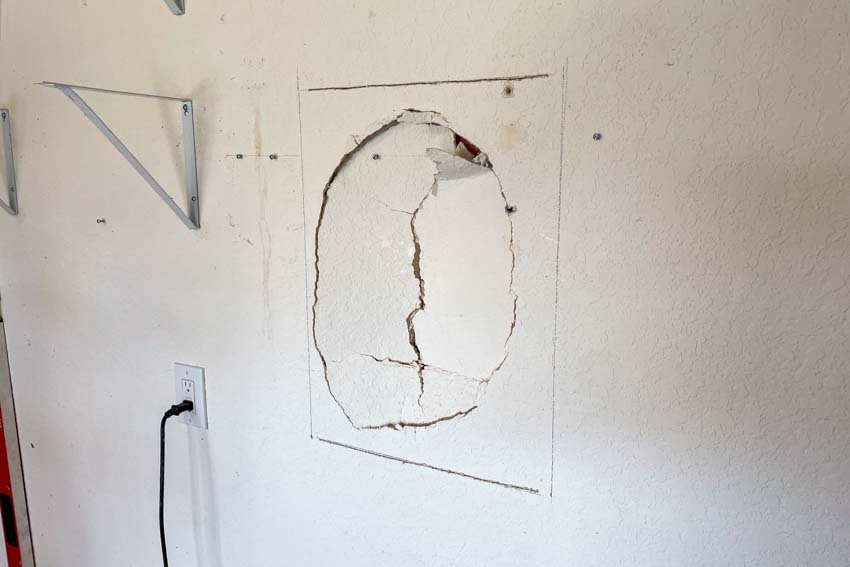
What Customers Are Saying
“I had never attempted drywall repair before, but with the help of this guide, I was able to patch a large hole in my living room wall. The step-by-step instructions were clear and easy to follow. Highly recommended!” – John D.
“The Drywall Repair Guide saved me so much money. I was considering hiring a handyman, but after following the instructions and using the recommended tools, I was able to repair the drywall myself. The guide’s emphasis on communication and preparation was a game-changer!” – Emily S.
Overall Value
Our Drywall Repair Guide offers exceptional value for anyone looking to patch large holes in their drywall. With detailed instructions, professional tool recommendations, and cost-saving benefits, this guide provides the necessary support to achieve professional-quality results. The investment in the guide is a fraction of the cost of hiring a professional, making it a worthwhile and cost-effective solution for your drywall repair needs.

Tips and Tricks For Best Results
- Take clear pictures of the damage and discuss the repair plan with your spouse or partner beforehand.
- Ensure you have all the necessary tools and materials before starting the repair.
- Follow the step-by-step instructions carefully, paying attention to details like measuring and marking studs.
- Use support boards to stabilize the center of the repair and prevent cracking.
- Take your time with the mudding, taping, and sanding process to achieve a smooth finish.
- Apply three layers of joint compound for a seamless result.
- Allow sufficient time for the joint compound to cure before applying the final coat of paint.
Final Thoughts
Product Summary
In summary, our Drywall Repair Guide is a comprehensive resource that provides step-by-step instructions, professional tool reviews, and valuable tips for successfully patching large holes in drywall. Whether you’re a professional tradesperson or a DIY enthusiast, our guide offers easy-to-follow instructions and ensures a cost-effective solution for repairing your drywall.
Final Recommendation
We highly recommend our Drywall Repair Guide to anyone facing the task of patching large holes in their drywall. With detailed instructions, comprehensive tool and material recommendations, and an emphasis on effective communication and preparation, our guide ensures that your repair process is smooth, efficient, and yields professional-quality results. Don’t spend unnecessary money on hiring a professional when our guide provides you with all the necessary knowledge and support to confidently tackle your drywall repair project.
This post may contain affiliate links which means I may receive a commission for purchases made through links. Learn more on my Private Policy page.
